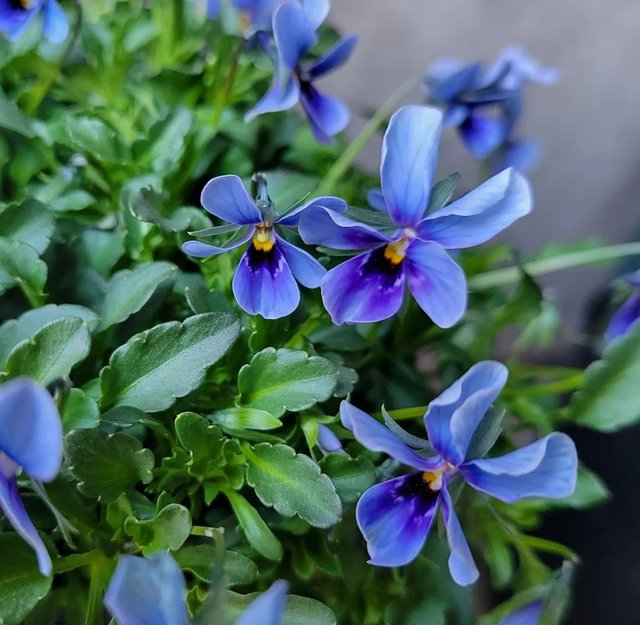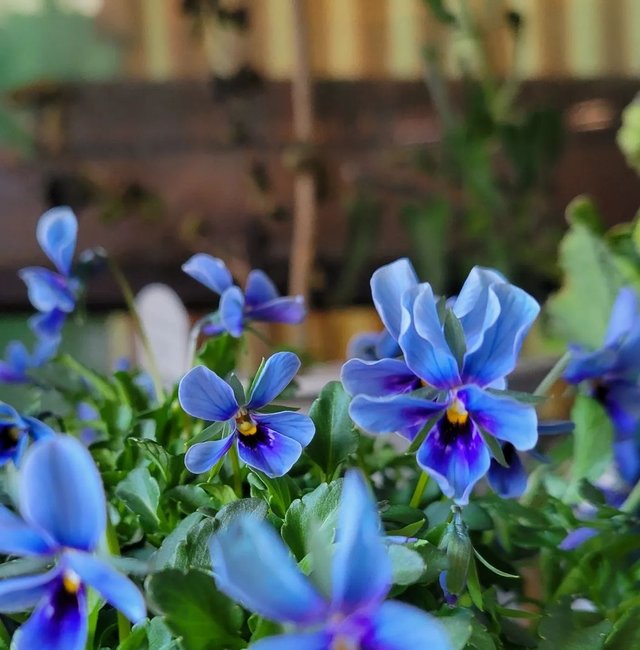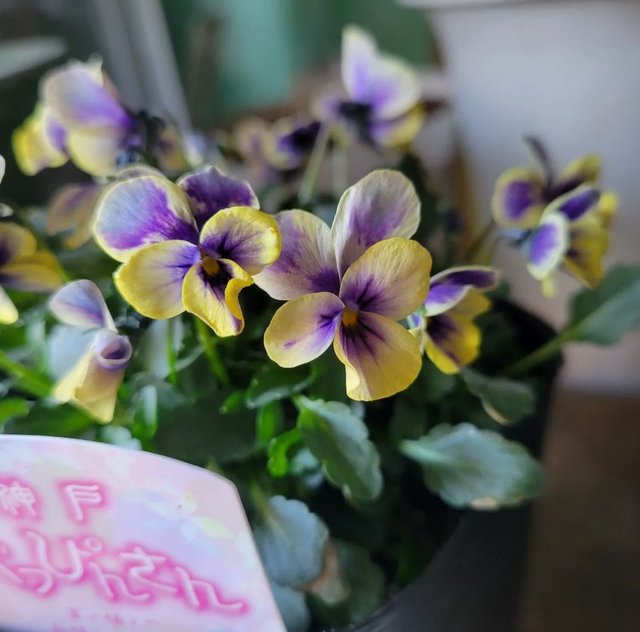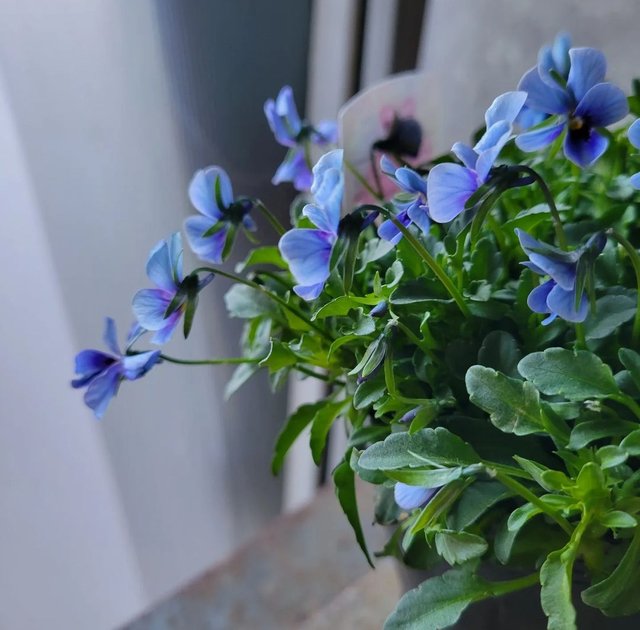



In the vast tapestry of botanical wonders, one flower stands out for its delicate charm and captivating allure – the Sweet Violet (Viola odorata). With its dainty petals and enchanting fragrance, this perennial herbaceous plant has woven its way into the hearts of flower enthusiasts and poets alike.The Sweet Violet, a member of the Violaceae family, boasts a rich history and cultural significance. Originating from Europe and Asia, it has gracefully spread its roots across the globe, becoming a beloved presence in gardens, folklore, and literature.
Characterized by heart-shaped leaves and petite, five-petaled blossoms, Sweet Violets showcase a spectrum of colors, ranging from classic purples and blues to softer pinks and whites. These diminutive flowers often hide beneath the foliage, creating a sense of mystery and intimacy in their natural habitats.One cannot speak of Sweet Violets without acknowledging their enchanting fragrance. Their sweet, delicate scent has earned them a place in perfumes, potpourris, and even culinary delights. Beyond their olfactory appeal, violets hold symbolic meanings in various cultures, representing modesty, love, and the ephemeral nature of beauty.
Beyond their visual and aromatic charm, Sweet Violets find their way into the culinary world. From candied violets adorning pastries to violet-infused syrups and teas, these blossoms add a touch of elegance to gastronomic creations.In traditional medicine, Sweet Violets have been esteemed for their medicinal properties. Known for their anti-inflammatory and soothing effects, violet extracts have been used in remedies for ailments ranging from respiratory issues to skin conditions.
Poets and writers throughout history have been inspired by the allure of Sweet Violets. From Shakespeare's poetic references to Victorian-era flower language, these blossoms have played a role in expressing emotions and sentiments in the written word.For those seeking to bring the magic of Sweet Violets into their own gardens, understanding their preferences is key. These resilient plants thrive in shaded areas with well-drained soil, creating pockets of vibrant color in woodland gardens or beneath larger shrubs.